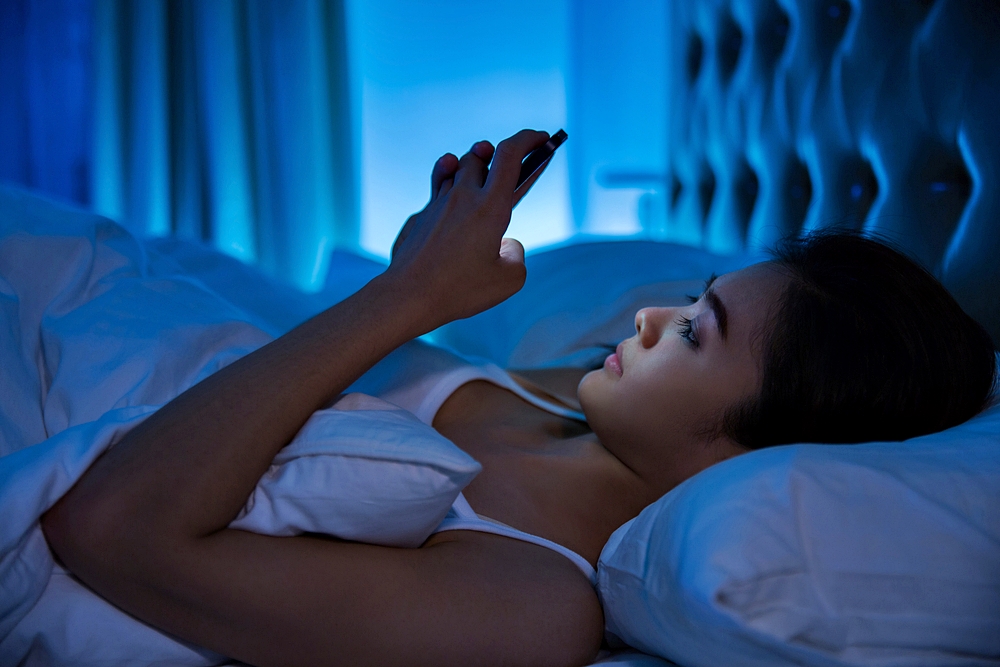If we do not get enough sleep, we feel exhausted the next day. But when is the right time to go to bed?
Sleep plays a decisive role in our mood, our ability to think and our well-being. But how do we know when we should go to bed? With a simple rule of thumb, the optimal time can be found out – so that we feel rested and refreshed the next morning.
“The average sleep cycle is 90 minutes. And the average person goes through five such cycles per night,” sleep experts explained to Yahoo Health.
This means that most people need about 7.5 hours of sleep per night. Breus considers the widespread eight-hour rule to be wrong. We find out the right time to sleep by counting back 7.5 hours from our waking hours: If the alarm goes off at seven in the morning, we should turn off the lights at 11.30 p.m. at the latest.
If we apply this rule for ten days in a row, says Breus, our body gets used to this sleep rhythm, so that we wake up a few minutes before the alarm clock goes off. In order to be able to rely on our own day and night rhythm, however, it is crucial to consistently go to sleep and get up at the same time. “Sleeping late at the weekend messes up our rhythm – we want to go to bed later and wake up later,” says Breus. He calls the typical exhaustion on Monday morning “social jet lag”.
As a rule of thumb, that’s all well and good, but what if I just can’t fall asleep at 11 pm? According to Breus, that’s no problem either: “If you always get up at 6.30 a.m., your body will adjust,” he promises. To help you fall asleep quickly, he recommends setting an alarm clock in the evening too – half an hour before the planned bedtime. This leaves enough time to get ready for bed.
In the morning we should let the sun shine in our faces as soon as possible (or at least daylight, when the clouds are thicker again). It doesn’t have to be the reading of the newspaper on the balcony: Looking out of the window while drinking coffee or tea also helps. Because sunlight adjusts our inner clock, which controls our sleep and waking phases. So maybe we can actually give the alarm clock away soon.

